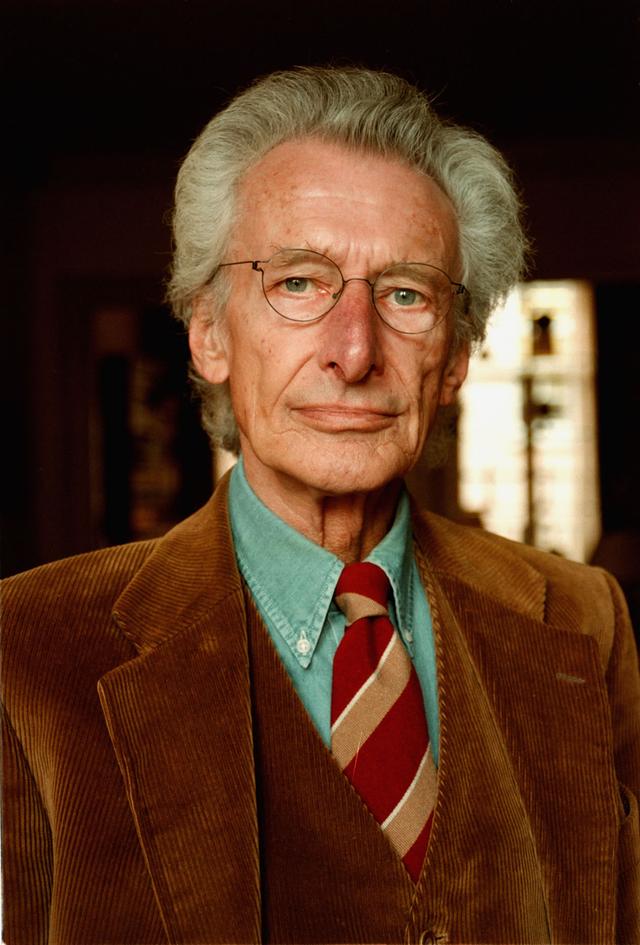Counterpoint
A woman practises Bach’s 'Goldberg Variations'. It is clear from the start that she is doing so out of a need for a sedation; she wants nothing more than to be ‘a slave of the playing body’. She also loves to recall the last time she rehearsed this piece of music, thirty years before. More specifically she wants to feel her daughter’s presence again, who as a child exclaimed during a piano performance in the Concertgebouw in Amsterdam, ‘Mama, that’s our song!’

Slowly but surely, variation by variation, innocent, everyday memories unfold, of her family life with her husband, her son and, especially, her daughter. As she plays, the music amplifies feelings that alternate between rage, despair and longing. The sense of grief is a constant presence; ‘she was playing something that had gone for ever, something she could never truly recall.’ While practising the piece she wonders what inspired the composer to write this music, what frame of mind he was in, and to what extent she feels it speaks to her because of the parallels with her own situation. The closer she comes to the final chords, the more heavily the composition weighs upon her. The appalling end must be faced at some point: the end of Bach, of her rehearsing his music, and of her daughter.
Counterpoint is Anna Enquist’s memorial to her own daughter, who died in a traffic accident, just as Bach composed the Goldberg Variations out of grief for his dead son. In both cases art is a vehicle of despair. The reader does not need to know that the author’s grief is real in order to be moved by Enquist’s novel, but knowledge of the reality to which it relates certainly adds an extra dimension. She has tried before to capture the incomprehensible loss of her daughter in both prose and poetry, but never has she done that so succinctly. The detached vocabulary – she consistently writes of ‘the woman’ and ‘the daughter’ – and the precise, almost physically tangible way in which she describes the difficulties of playing the piano are in heartrending contrast to the sweet memories of a playful, spirited daughter. The knowledge of an inescapable fate makes it impossible to read these passages without goose bumps. Counterpoint is a solid literary structure, an exercise in control and at the same time a painful cry from the heart.
“Mit bestürzender Intensität fasst die niederländische Autorin Anna Enquist Bachs Musik in Worte und verwebt sie ohne jegliche Sentimentalität mit der Geschichte einer Mutter und ihrer Tochter. Eine große Erzählung vom Leben und der Musik, deren beider Auftakt immer auch schon das Ende birgt.”
